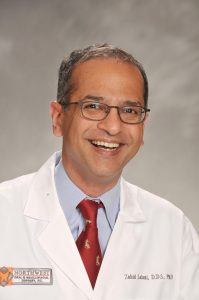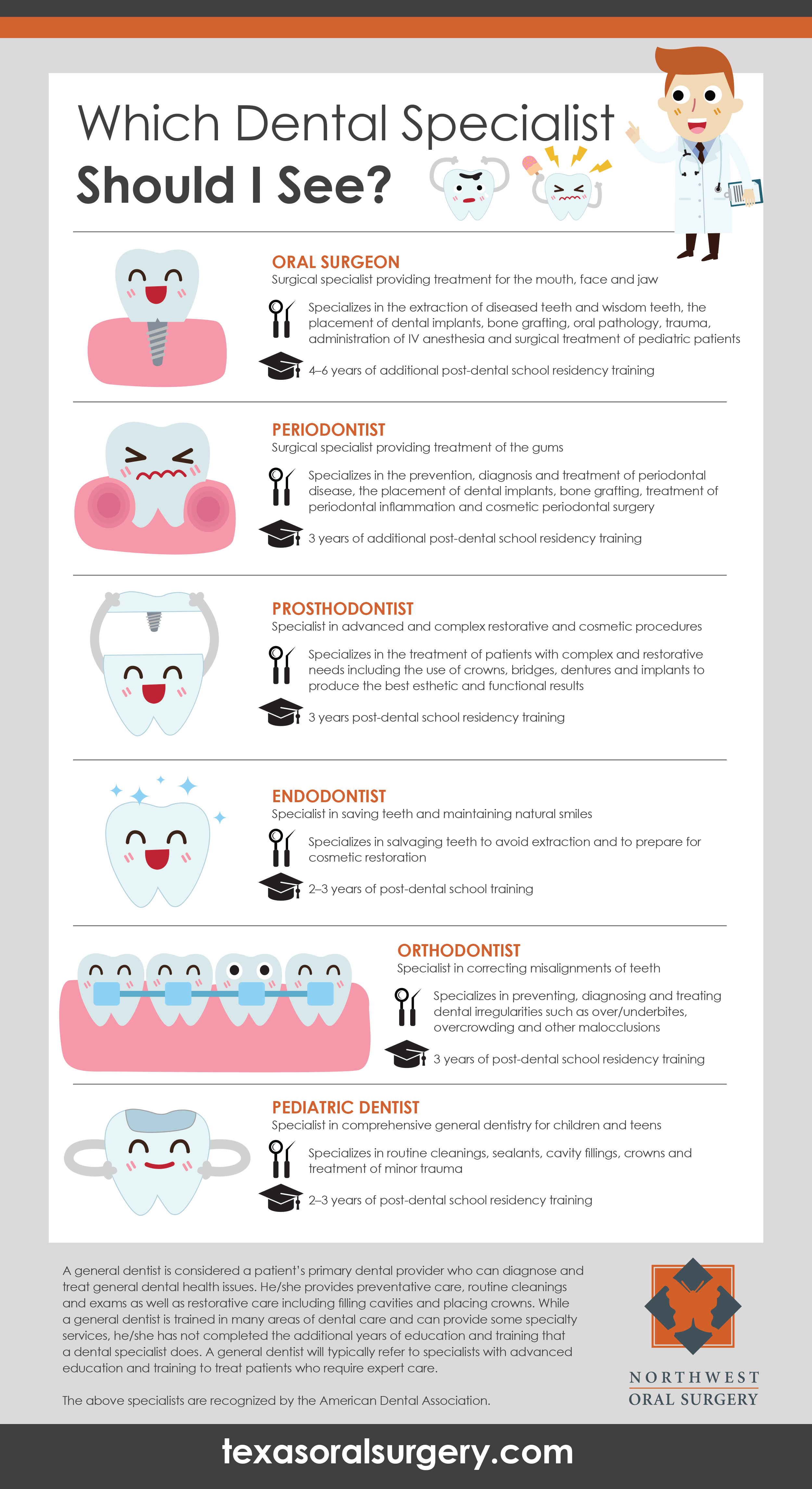
Dr. Zahid Lalani – Memorial Hermann The Woodlands Facial Trauma Team
UPDATE: Memorial Hermann The Woodlands Medical Center receives Level II trauma center verification (READ MORE)
Following a tragic event and traumatic injury, the proximity and availability of a trauma center can greatly affect patient outcome. In the greater Houston area, there are currently two level I trauma centers – Memorial Hermann Red Duke Trauma Institute and Ben Taub Hospital. A level I trauma center provides total care for every aspect of the most serious injuries from prevention to rehabilitation. The center is required to have in-house 24-hour trauma surgeons and a staff of specialists and sub specialists on call. Many times critical patients will be transferred to a level I center from a level II, III or IV center or emergency room; thus, increasing the time lapsed before appropriate care is administered.
In response to the growing need for a higher-level trauma care in the communities north of the Texas Medical Center, Memorial Hermann The Woodlands Hospital, previously a level III trauma center, has begun providing services to patients as a level II trauma center since summer 2015. As a level II trauma center, Memorial Hermann The Woodlands Hospital will provide 24-hour immediate coverage by general surgeons as well as by specialists in orthopedics, neurosurgery, anesthesiology, emergency medicine, radiology and critical care. In addition, there are sub-specialists on-call who are required to respond to an emergency within a stringent time frame. The goal is to provide immediate and comprehensive care to trauma patients and reduce the burden on level I trauma centers.
The American College of Surgeons recommends that an Oral and Maxillofacial Surgeon be a member of a level I or II trauma team. Dr. Zahid Lalani, a board certified Oral and Maxillofacial Surgeon practicing with Northwest Oral & Maxillofacial Surgery, spearheaded the formation of the facial trauma team with Dr. Bryan Correa, a board certified plastic surgeon. In addition, Dr. Lalani has assumed the responsibility of the on-call Oral and Maxillofacial Surgeon at Memorial Hermann The Woodlands Hospital providing treatment for all types of traumatic facial injuries. “I am pleased to be a part of the expanded team of affiliated physicians covering facial trauma call at the hospital. Oral and maxillofacial surgeons are one of the most qualified specialists to handle serious and complex trauma to the face and jaw. Treatment of facial trauma and reconstructing deformities is my passion. It makes a huge difference for patients when you help them get their identity back after an injury.” Dr. Lalani was elected a Fellow of the American Academy of Craniomaxillofacial Surgeons, having been nominated by his peers in the country for this honor.
For more information about trauma care at Memorial Hermann The Woodlands, visit trauma.memorialhermann.org. For more information about Zahid Lalani, D.D.S., PhD, M.B.A., please visit texasoralsurgery.com.
 If you are asking this question, chances are your wisdom teeth are giving you some trouble. Wisdom teeth are your third molars. They are the last teeth to come in and are located the farthest back in your mouth. Occasionally, wisdom teeth will erupt with absolutely no pain, issues or cause for concern. Others will experience unpleasant symptoms and will want or need to have their wisdom teeth extracted. How do you know?
If you are asking this question, chances are your wisdom teeth are giving you some trouble. Wisdom teeth are your third molars. They are the last teeth to come in and are located the farthest back in your mouth. Occasionally, wisdom teeth will erupt with absolutely no pain, issues or cause for concern. Others will experience unpleasant symptoms and will want or need to have their wisdom teeth extracted. How do you know?

